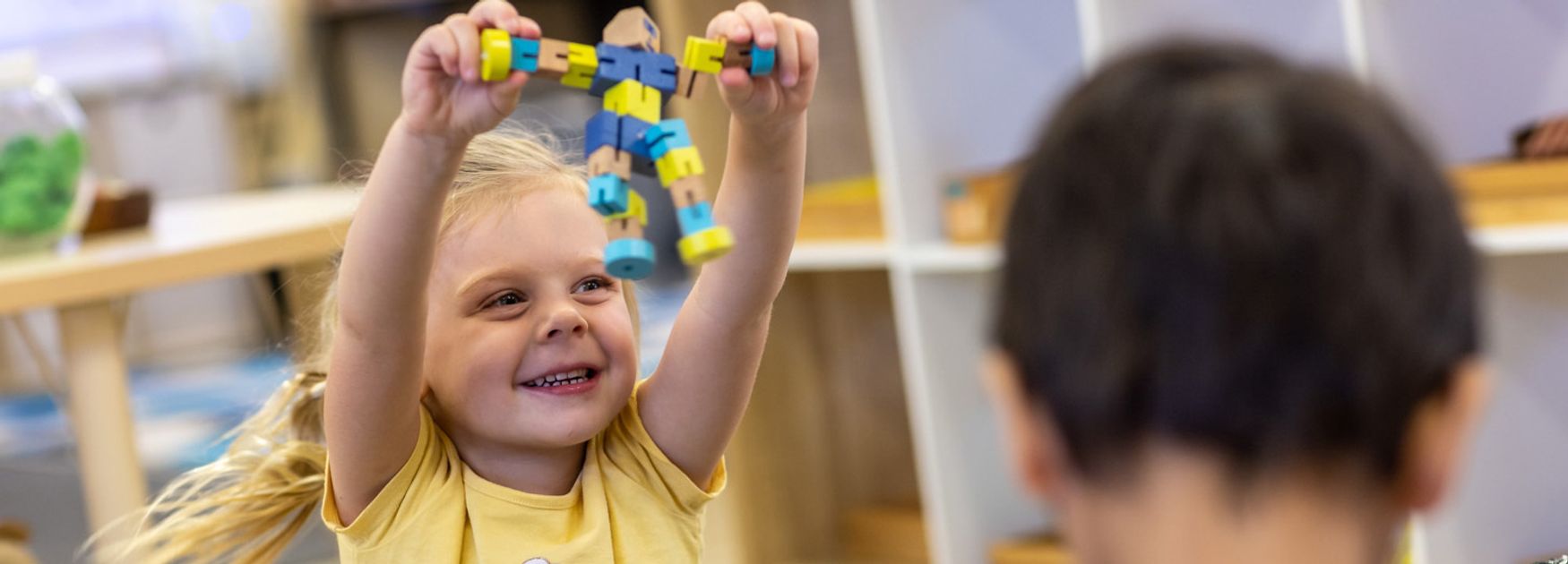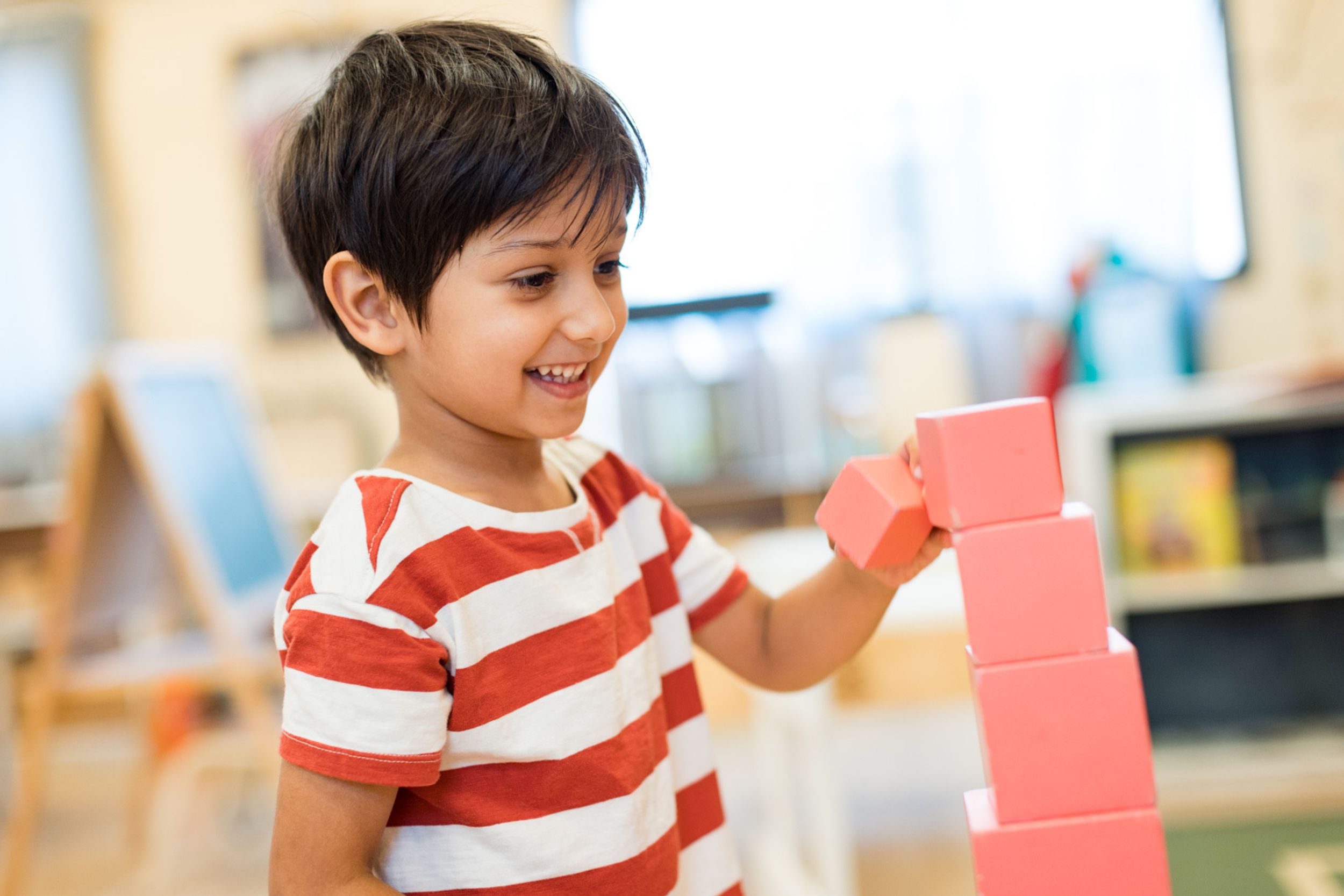Preschool Darwin, a revolutionary approach to early childhood education, has captivated the attention of educators and parents alike. This educational philosophy, rooted in play-based learning, child-centered education, and holistic development, has demonstrated remarkable benefits for children’s social, emotional, cognitive, and physical growth.
Preschool Darwin is not merely a curriculum but a transformative mindset that places the child at the heart of the learning process. By creating a stimulating and engaging environment where children are encouraged to explore, discover, and interact, preschool Darwin empowers them to become confident, curious, and lifelong learners.
Introduction to Preschool Darwin
Preschool Darwin is a reputable educational institution established in [year of establishment] with a long-standing history of providing high-quality early childhood education.
The preschool adheres to the educational philosophy of fostering children’s natural curiosity, creativity, and love of learning. It promotes a play-based approach that encourages children to explore their surroundings, engage in hands-on activities, and develop their social, emotional, cognitive, and physical skills.
Core Principles of Preschool Darwin

Preschool Darwin is grounded in several core principles that guide its curriculum and teaching practices. These principles are rooted in the belief that children learn best through play and exploration and that their holistic development should be nurtured.
The principles that underpin Preschool Darwin include:
- Play-based learning
- Child-centered education
- Holistic development
Play-based learning
Play is an essential part of a child’s learning journey. It provides opportunities for children to develop their creativity, imagination, and problem-solving skills. Play also helps children to develop their social and emotional skills, as they learn to interact with others and to express themselves.
Preschool Darwin’s curriculum is designed to provide children with ample opportunities for play. The teachers create a stimulating and engaging environment where children can explore and learn at their own pace.
Child-centered education
Preschool Darwin believes that each child is unique and that their education should be tailored to their individual needs. The teachers take the time to get to know each child and to create a learning environment that is responsive to their interests and abilities.
Child-centered education means that the teachers follow the child’s lead and allow them to learn at their own pace. They provide children with opportunities to explore their interests and to develop their own unique talents.
Holistic development
Preschool Darwin believes that children’s development should be holistic, encompassing all aspects of their being. The curriculum is designed to promote children’s physical, intellectual, social, and emotional development.
The teachers at Preschool Darwin create a nurturing environment where children feel safe and supported. They provide children with opportunities to develop their self-esteem and to learn how to interact with others in a positive way.
Benefits of Preschool Darwin
Preschool Darwin offers a multitude of benefits that contribute to children’s holistic development. It provides a nurturing environment where children can thrive socially, emotionally, cognitively, and physically.
Preschool Darwin promotes social and emotional growth by fostering positive interactions among children. It teaches them how to communicate effectively, resolve conflicts peacefully, and develop empathy and compassion for others.
Cognitive Development
Preschool Darwin stimulates cognitive development by introducing children to new concepts, ideas, and skills. Through play-based learning and hands-on activities, children explore their surroundings, develop problem-solving abilities, and enhance their language and literacy skills.
Physical Development
Preschool Darwin supports physical development by providing opportunities for children to engage in active play and movement. It helps them develop gross motor skills, coordination, and balance, as well as fine motor skills for writing and drawing.
Implementing Preschool Darwin
Implementing Preschool Darwin in an early childhood setting requires a commitment to creating a play-based learning environment and fostering child-centered education. Here are some practical tips:
Establish a Play-Based Environment:
- Provide ample opportunities for children to engage in self-directed play, both indoors and outdoors.
- Offer a variety of play materials that encourage creativity, imagination, and exploration.
- Design the environment to be flexible and adaptable to meet the changing needs of children.
Foster Child-Centered Education:
- Observe children’s interests and tailor activities to their individual needs and developmental stages.
- Encourage children to participate in decision-making and problem-solving.
- Create a safe and supportive environment where children feel comfortable expressing themselves and taking risks.
Case Studies of Preschool Darwin
Preschool Darwin programs have been implemented in various settings, demonstrating positive outcomes for children and educators. Here are a few case studies that showcase the benefits and challenges encountered:
Example 1: Darwin Early Education Center
The Darwin Early Education Center in Australia implemented a Preschool Darwin program that focused on developing children’s social, emotional, and cognitive skills. The program included activities such as play-based learning, nature exploration, and group discussions.
- Benefits: Children showed significant improvements in language development, problem-solving abilities, and self-regulation.
- Challenges: The program required extensive training for educators and ongoing support to ensure fidelity of implementation.
Example 2: The Roots Project
The Roots Project in the United States implemented a Preschool Darwin program that aimed to promote early literacy and language skills in at-risk children. The program provided high-quality books, reading materials, and language-rich activities.
As part of their learning journey, preschoolers engage in a variety of hands-on activities, including cutting practice. Preschool cutting pages provide an excellent opportunity for children to develop fine motor skills, eye-hand coordination, and spatial awareness. Through these activities, preschoolers not only improve their physical abilities but also enhance their cognitive development and problem-solving abilities.
- Benefits: Children demonstrated increased vocabulary, print awareness, and phonemic awareness.
- Challenges: The program required a significant investment in resources and parental involvement to sustain its impact.
Example 3: Darwin Integrated Preschool
The Darwin Integrated Preschool in Singapore implemented a Preschool Darwin program that combined elements of Montessori, Reggio Emilia, and play-based learning. The program emphasized creativity, inquiry, and hands-on experiences.
- Benefits: Children developed strong problem-solving skills, critical thinking abilities, and a love of learning.
- Challenges: The program required a flexible and supportive learning environment, as well as highly skilled and motivated educators.
Research on Preschool Darwin
Research studies have delved into the effectiveness of Preschool Darwin, providing valuable insights into its impact on early childhood education. These studies have employed rigorous methodologies, including randomized controlled trials and longitudinal cohort studies, to assess the program’s outcomes.
In the bustling city of Cyberjaya, Islamic preschools offer a nurturing environment that embraces both faith and education. These preschools foster a deep understanding of Islamic values while providing a comprehensive curriculum that prepares children for future success. The C4L preschool curriculum , with its emphasis on creativity, collaboration, critical thinking, and communication, ensures that young minds develop essential skills for the 21st century.
The findings of these studies have consistently demonstrated the positive effects of Preschool Darwin on children’s development. In particular, children who participated in the program have shown significant improvements in their cognitive, language, and social-emotional skills compared to children in control groups.
Cognitive Development
Research has found that Preschool Darwin effectively enhances children’s cognitive abilities. Studies have shown that children who participated in the program demonstrated improved executive function, working memory, and problem-solving skills.
Language Development
Preschool Darwin has also been shown to have a positive impact on children’s language development. Children who participated in the program exhibited increased vocabulary, improved grammar, and enhanced narrative skills.
Social-Emotional Development
Research has also highlighted the benefits of Preschool Darwin on children’s social-emotional development. Studies have shown that children who participated in the program displayed improved self-regulation, empathy, and social problem-solving skills.
The findings from these research studies provide strong evidence for the effectiveness of Preschool Darwin in promoting children’s development. The program’s positive impact on cognitive, language, and social-emotional skills highlights its potential to enhance early childhood education and prepare children for future success.
Conclusion: Preschool Darwin
In conclusion, Preschool Darwin offers a comprehensive approach to early childhood education that emphasizes the importance of play, exploration, and hands-on learning. It is grounded in the latest research on child development and provides a nurturing environment that fosters children’s social, emotional, cognitive, and physical development.
The potential impact of Preschool Darwin on the future of early childhood education is significant. It has the potential to transform the way we think about and approach early learning, shifting the focus from rote memorization to active engagement and experiential learning. By providing children with the opportunity to explore their interests and develop their own unique abilities, Preschool Darwin can help to create a generation of confident and capable learners who are well-prepared for success in school and beyond.
Key Points, Preschool darwin
- Preschool Darwin is a research-based approach to early childhood education that emphasizes play, exploration, and hands-on learning.
- It is grounded in the latest research on child development and provides a nurturing environment that fosters children’s social, emotional, cognitive, and physical development.
- Preschool Darwin has the potential to transform the future of early childhood education by shifting the focus from rote memorization to active engagement and experiential learning.
Summary
In conclusion, preschool Darwin stands as a beacon of innovation in early childhood education. Its play-based, child-centered approach fosters holistic development, preparing children for success in school and beyond. As research continues to validate its effectiveness, preschool Darwin is poised to revolutionize the way we approach early childhood education, ensuring that every child has the opportunity to reach their full potential.


